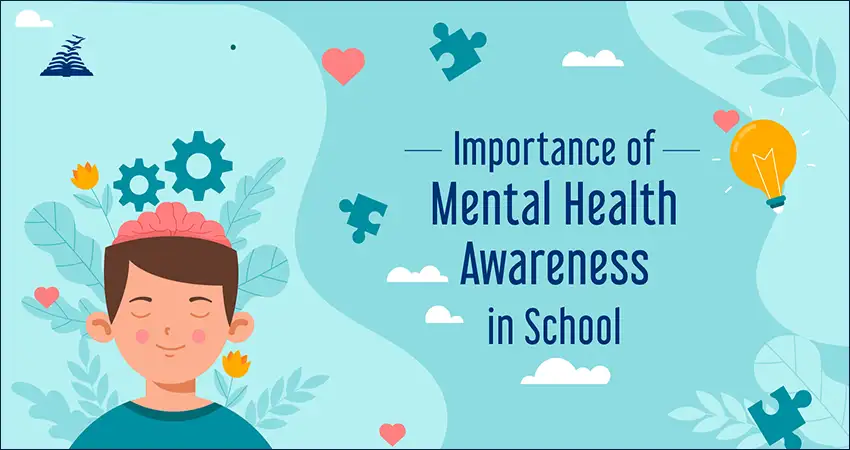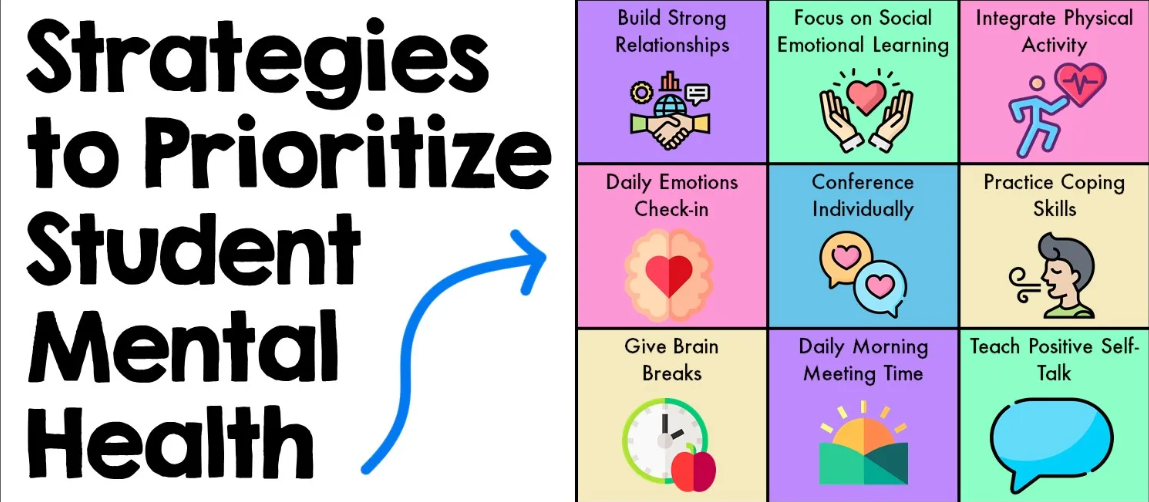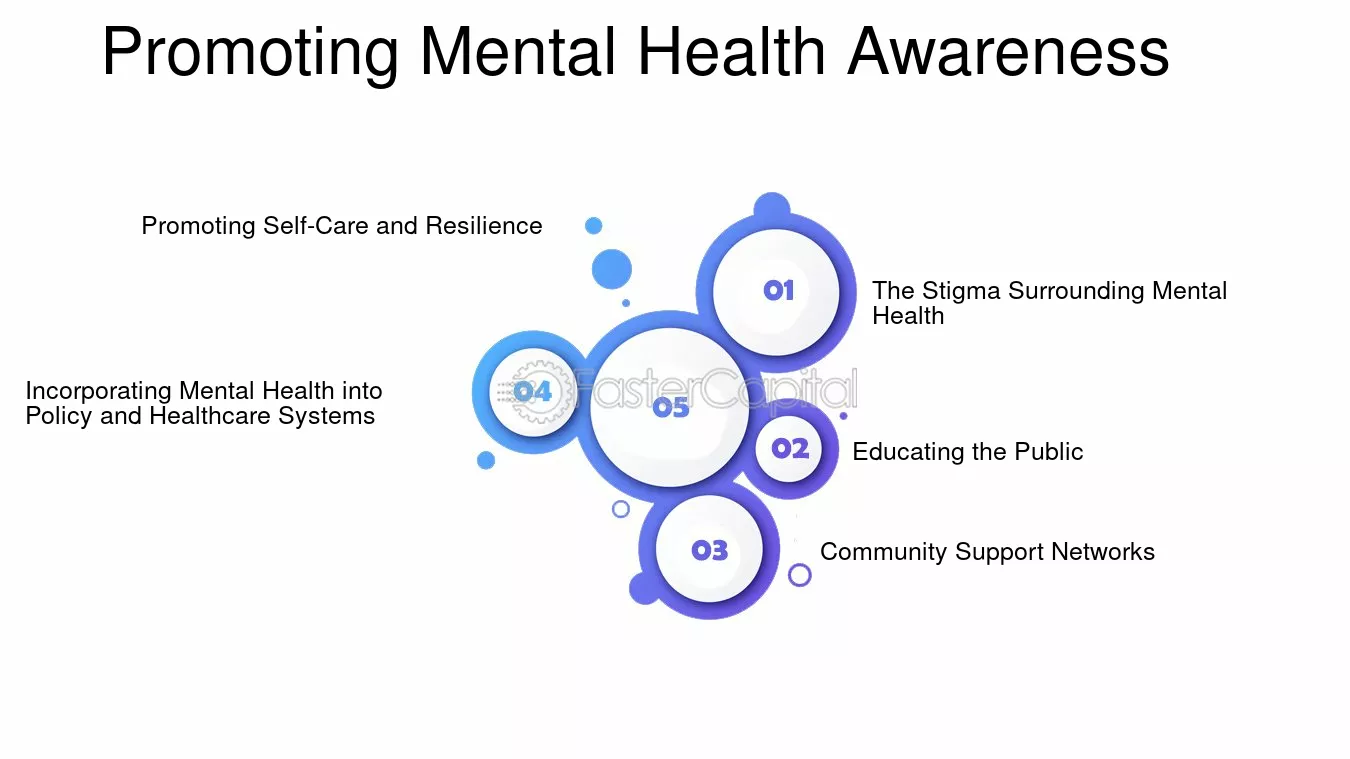Mental health awareness in schools has become increasingly critical as educators recognize the profound impact of mental health on student learning, behavior, and overall well-being. The prevalence of mental health issues among children and adolescents is rising, making it essential for educational institutions to prioritize mental health education and support. This article explores effective strategies for implementing mental health awareness programs in schools, emphasizing the importance of creating a supportive environment for students.

Understanding the Importance of Mental Health Awareness
Mental health encompasses emotional, psychological, and social well-being. It affects how students think, feel, and act, influencing their academic performance and social interactions. According to the National Institute of Mental Health, nearly one in five children experience a mental health disorder, highlighting the need for early intervention and education. By fostering mental health awareness, schools can help destigmatize mental health issues, promote resilience, and empower students to seek help when needed.
Strategies for Implementation
Here are some key strategies for implementing mental health awareness in schools:

1. Integrating Mental Health into the Curriculum
One effective strategy for promoting mental health awareness is to integrate it into the existing curriculum. Schools can incorporate lessons on emotional regulation, stress management, and coping strategies into subjects such as health education, physical education, or social studies. By embedding mental health topics into the curriculum, educators can normalize discussions around mental health and provide students with practical tools for managing their emotions.
2. Professional Development for Educators
Teachers and staff play a crucial role in identifying and supporting students with mental health needs. Providing professional development opportunities focused on mental health can equip educators with the knowledge and skills necessary to recognize signs of mental distress, facilitate conversations about mental health, and support students effectively. Training should cover topics such as mental health first aid, trauma-informed practices, and cultural competency to ensure that all students receive appropriate support.
3. Creating a Safe and Supportive Environment
A safe and inclusive school environment is essential for fostering mental health awareness. Schools should promote a culture of kindness, respect, and acceptance, where students feel comfortable expressing their feelings and seeking help. Implementing anti-bullying policies, promoting peer support programs, and encouraging positive relationships among students can contribute to a supportive atmosphere. Additionally, schools can create designated safe spaces where students can retreat when feeling overwhelmed.
4. Implementing School-Wide Mental Health Programs
Schools can establish comprehensive mental health programs that encompass prevention, early intervention, and support services. These programs should include:
- Awareness Campaigns: Organizing events such as Mental Health Awareness Month, workshops, and assemblies can raise awareness and educate students, staff, and parents about mental health issues.
- Counseling Services: Providing access to school counselors or mental health professionals ensures that students have a safe space to discuss their concerns and receive appropriate support.
- Peer Support Programs: Training student leaders to serve as peer mentors can foster a sense of community and encourage students to seek help from their peers.
5. Engaging Parents and the Community
Involving parents and the community in mental health awareness initiatives is vital for creating a holistic support system for students. Schools can host workshops and informational sessions for parents to educate them about mental health and the resources available to support their children. Collaboration with local mental health organizations can also facilitate access to additional resources, workshops, and training for families.
6. Utilizing Technology and Resources
Technology can be a valuable tool in promoting mental health awareness. Schools can leverage online resources, apps, and platforms that provide information on mental health, coping strategies, and resources for support. Virtual counseling services and teletherapy options can also expand access to mental health support for students who may be reluctant to seek help in person.
7. Monitoring and Evaluation
To ensure the effectiveness of mental health awareness initiatives, schools should establish clear goals and metrics for evaluation. Regularly assessing the impact of programs through surveys, feedback from students and staff, and academic performance can help schools identify areas for improvement and adjust their strategies accordingly. Continuous monitoring fosters an adaptive approach, ensuring that mental health initiatives remain relevant and effective.
The Role of Students in Promoting Mental Health Awareness
Empowering students to take an active role in promoting mental health awareness can enhance the effectiveness of school initiatives. By involving students in planning and implementing mental health programs, schools can foster leadership skills and create a sense of ownership.

Student-led clubs or organizations focused on mental health can organize activities, campaigns, and discussions that resonate with their peers, making the message more relatable and impactful.
Conclusion
Mental health awareness in schools is essential for fostering a supportive and nurturing environment where students can thrive academically and personally. By implementing strategies such as integrating mental health into the curriculum, providing professional development for educators, creating a supportive environment, and engaging parents and the community, schools can promote mental well-being among students. As educational institutions prioritize mental health, they not only enhance academic success but also equip students with the tools they need to navigate life’s challenges. Investing in mental health awareness is an investment in the future well-being of students and society as a whole.



